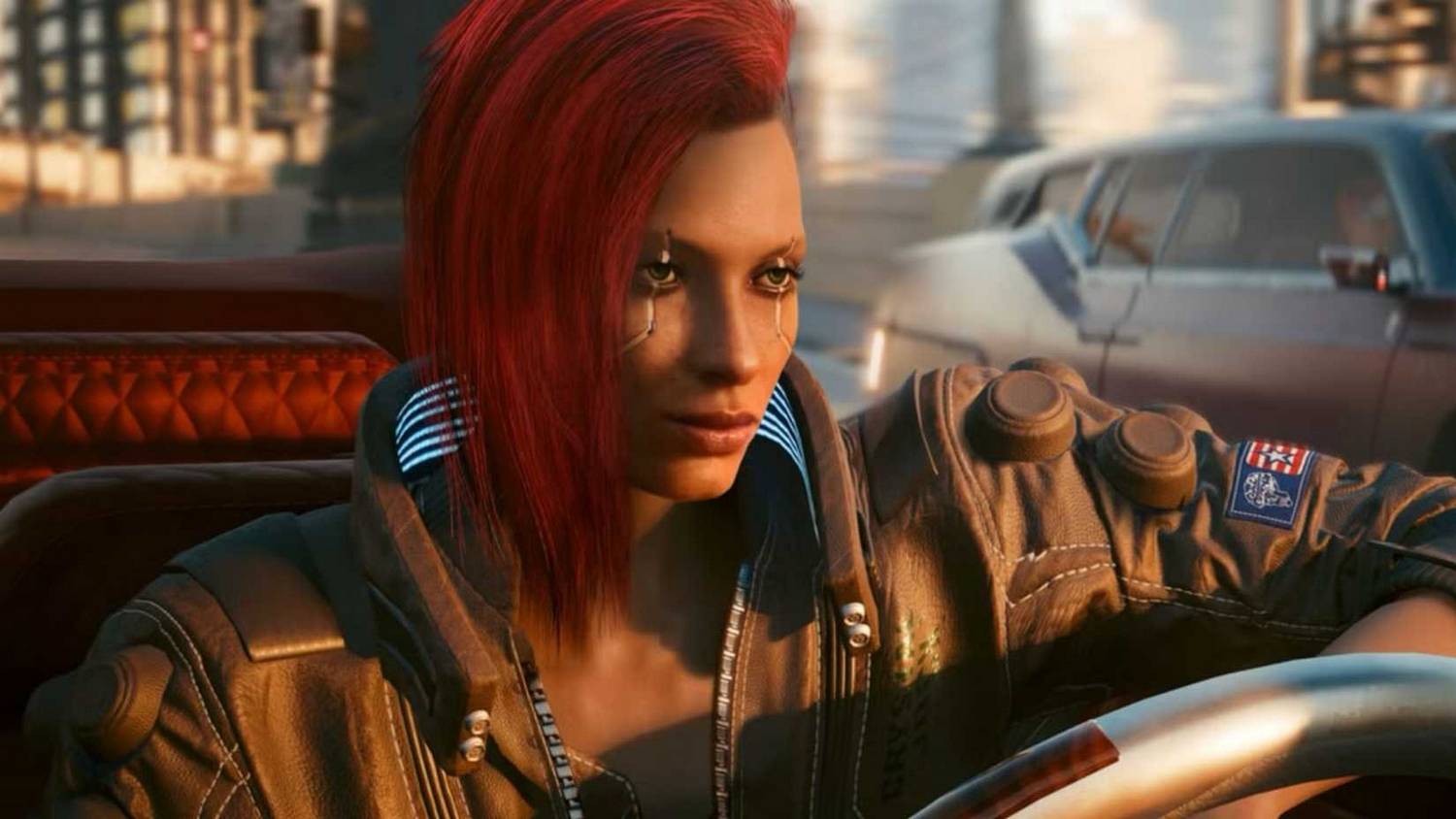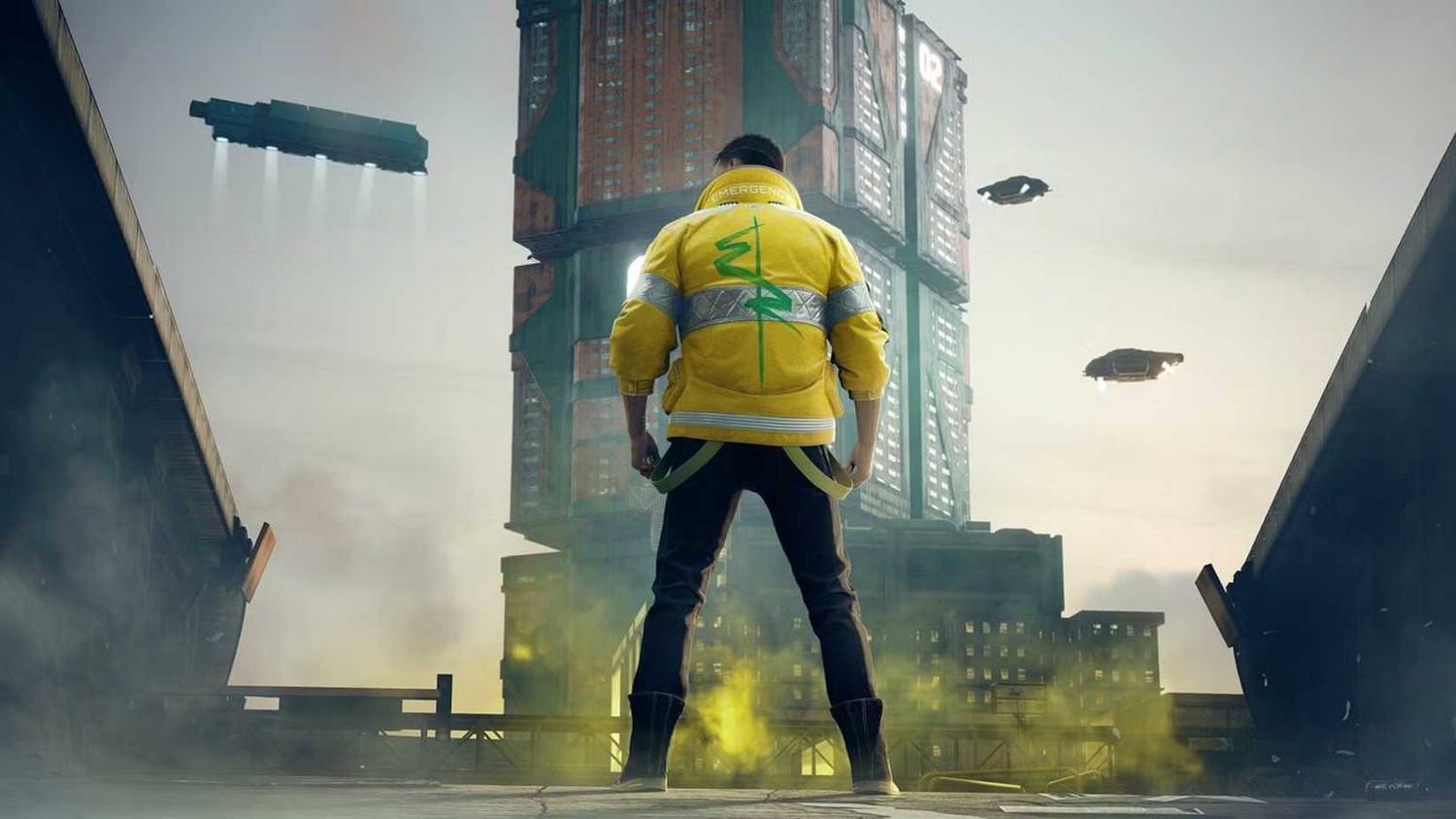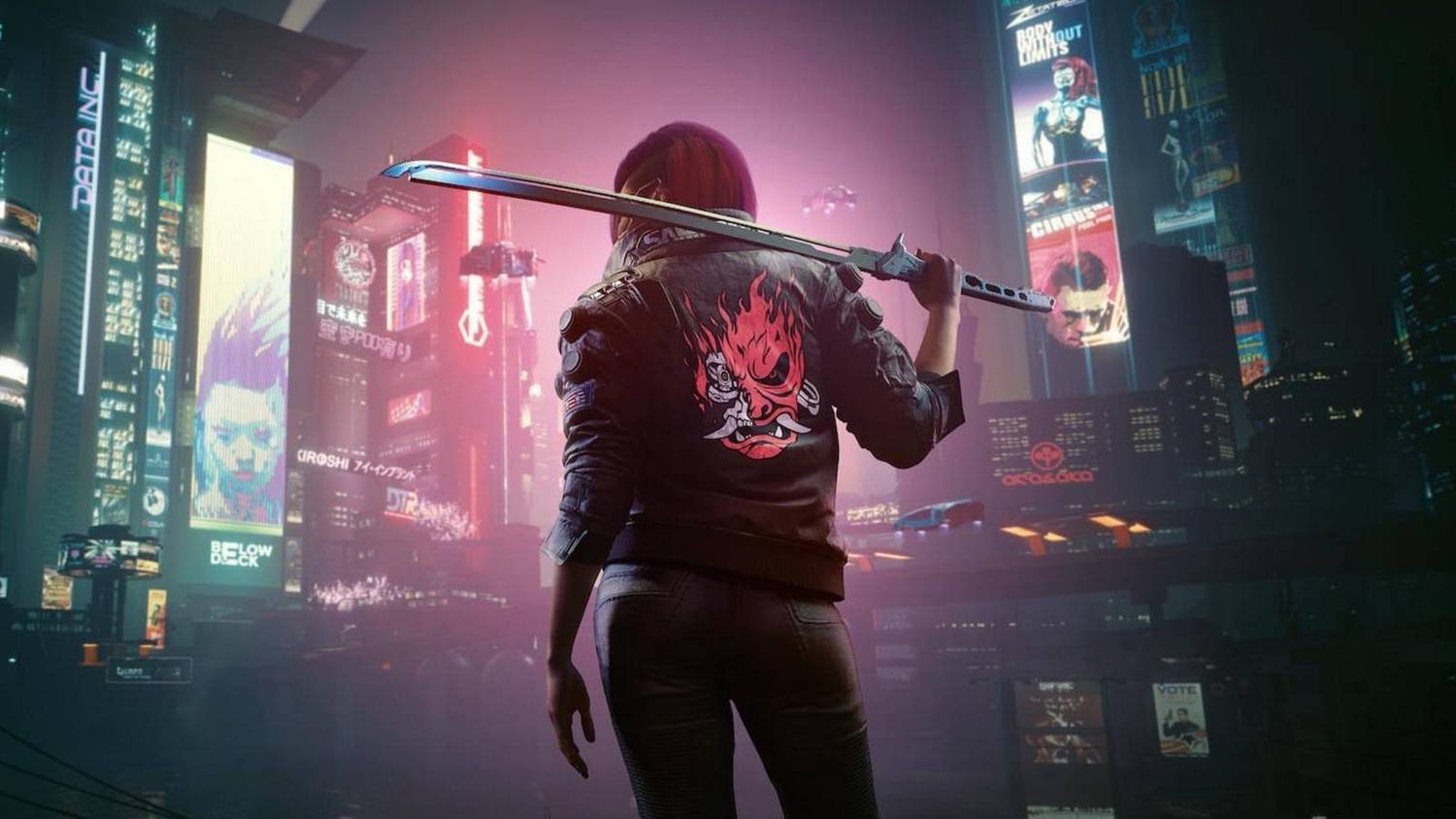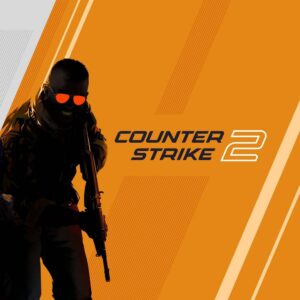Beyond the Single Player: Project Orion’s Multiplayer Must Address Cyberpunk 2077’s Biggest Failure
Popular Now
 Rust
Rust
 The Legend of Zelda
The Legend of Zelda
 Stumble Guys
Stumble Guys
 Geometry Dash
Geometry Dash
 Genshin Impact
Genshin Impact
 Candy Crush Saga
Candy Crush Saga
 Grand Theft Auto V
Grand Theft Auto V
 Fall Guys
Fall Guys
 Free Fire Max
Free Fire Max
 EA SPORT FC 25
EA SPORT FC 25
 The announcement that CD Projekt Red’s highly anticipated sequel to Cyberpunk 2077, codenamed Project Orion, will feature a multiplayer component has been met with a mix of cautious optimism and palpable anxiety. The promise of a truly multiplayer Night City is a tantalizing one, a chance to explore a vast, living world with friends and create a shared experience in a genre dominated by single-player narratives. However, to truly succeed, the developers at CD Projekt Red’s new Boston studio must learn from the greatest criticism of the first game: the glaring disparity between the world’s deep lore and the player’s lack of true freedom within it. If the multiplayer for Project Orion doesn’t address this core issue, it will be shooting itself in the foot, creating a hollow experience that fails to capture the true essence of the cyberpunk genre.
The announcement that CD Projekt Red’s highly anticipated sequel to Cyberpunk 2077, codenamed Project Orion, will feature a multiplayer component has been met with a mix of cautious optimism and palpable anxiety. The promise of a truly multiplayer Night City is a tantalizing one, a chance to explore a vast, living world with friends and create a shared experience in a genre dominated by single-player narratives. However, to truly succeed, the developers at CD Projekt Red’s new Boston studio must learn from the greatest criticism of the first game: the glaring disparity between the world’s deep lore and the player’s lack of true freedom within it. If the multiplayer for Project Orion doesn’t address this core issue, it will be shooting itself in the foot, creating a hollow experience that fails to capture the true essence of the cyberpunk genre.
 The original Cyberpunk 2077, in all its single-player glory, was a masterclass in world-building. The game’s lore, which was meticulously crafted from the original tabletop RPG, was rich with political intrigue, corporate espionage, and a vibrant, if not violent, underbelly. But for all its detail, the game was a largely linear experience. Players were funneled down a narrow path, with a compelling but ultimately predetermined story. The promises of a living, breathing city where your choices had a real impact on the world were never fully realized. Now, with the official confirmation that Project Orion will include multiplayer, the stakes are even higher. A job posting for a “Lead Network Engineer” specifically mentions the need to “develop and optimize multiplayer systems, including matchmaking,” a clear signal that the company is serious about its multiplayer ambitions. But the question remains: what kind of multiplayer will it be, and will it allow players to truly inhabit the world, or will it be a sterile, restrictive experience?
The original Cyberpunk 2077, in all its single-player glory, was a masterclass in world-building. The game’s lore, which was meticulously crafted from the original tabletop RPG, was rich with political intrigue, corporate espionage, and a vibrant, if not violent, underbelly. But for all its detail, the game was a largely linear experience. Players were funneled down a narrow path, with a compelling but ultimately predetermined story. The promises of a living, breathing city where your choices had a real impact on the world were never fully realized. Now, with the official confirmation that Project Orion will include multiplayer, the stakes are even higher. A job posting for a “Lead Network Engineer” specifically mentions the need to “develop and optimize multiplayer systems, including matchmaking,” a clear signal that the company is serious about its multiplayer ambitions. But the question remains: what kind of multiplayer will it be, and will it allow players to truly inhabit the world, or will it be a sterile, restrictive experience?
 The Promise of True Player Agency
The Promise of True Player Agency
The most significant criticism of Cyberpunk 2077, especially in its early days, was its lack of true RPG depth. Despite a massive open world and a number of choices in dialogue, the story’s major beats remained the same. It was a game about V’s journey, and the player was a passenger, not the driver. A successful multiplayer in Project Orion must flip this script. It needs to give players a true sense of agency, a world where they can not only co-op on missions but also shape the city itself. A multiplayer that allows players to form their own crews, take on jobs for competing factions, and even rise to power within the city’s criminal underworld would be a revolutionary concept. It would be a “Grand Theft Auto Online” for the cyberpunk genre, a game where the world is the main character and the player is the protagonist of their own story.
The technical challenges of such a game would be monumental. A system that allows a player to slow down time with a Sandevistan in a multiplayer setting, for example, would be a nightmare to implement. But these are the kinds of challenges that the new development team in Boston must overcome. They need to find a way to take the core mechanics that made the original so special and adapt them for a multiplayer experience without neutering the player’s unique abilities. They must also avoid a simple “horde mode” or a series of repetitive, instanced missions. A compelling multiplayer component must be a part of the open world, with shared hubs, dynamic events, and a progression system that feels earned and impactful. A world where you can meet up with friends in a bar, get a job from a fixer, and then drive to a location to take down a gang or a corporation would be a truly incredible experience. This is the promise that the original game never fully delivered on, and it is a promise that Project Orion‘s multiplayer component must deliver on to be a true success.
The stakes are high for CD Projekt Red. They have a chance to not only create a worthy successor to Cyberpunk 2077 but to also create a new standard for the open-world RPG genre. But to do so, they must look at the past and learn from their mistakes. The criticism of the original game’s lack of freedom is not a bug; it is a core design flaw. If Project Orion‘s multiplayer simply recreates this flaw in a shared space, it will be a major disappointment. But if it gives players the freedom to truly inhabit and shape the world of Night City, it will be a masterpiece that will stand the test of time.









